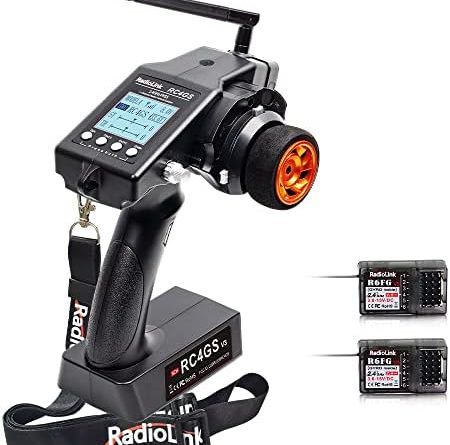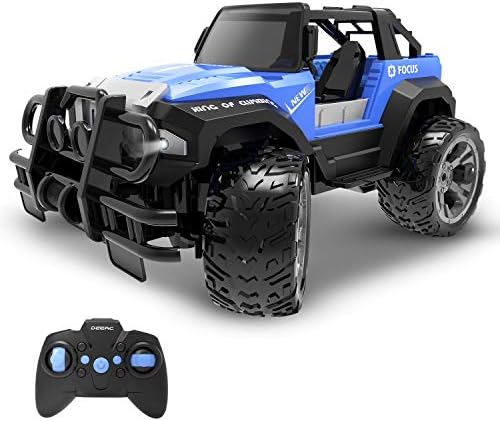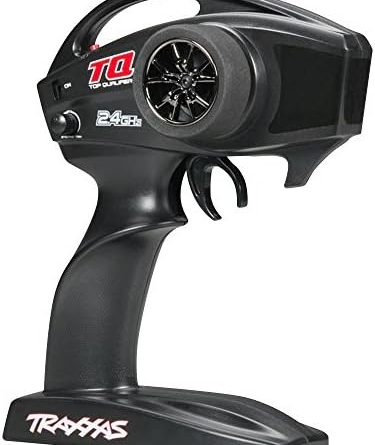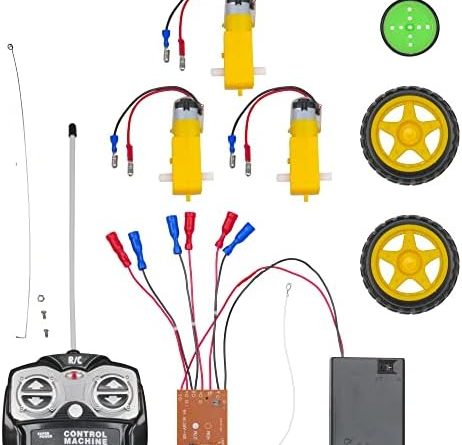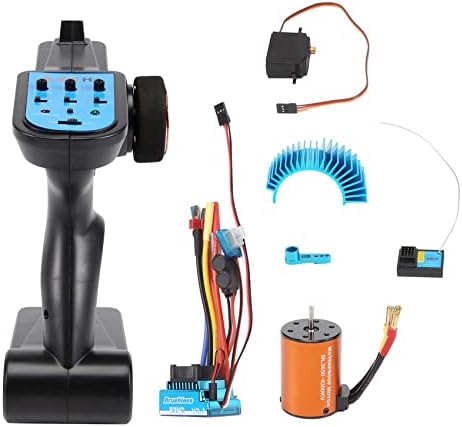


RC Car Shells – The Ultimate Guide to Choosing the Right Shell
When it comes to RC cars, the shell is often the first thing people notice. While some may see it as just an aesthetic feature, the shell actually plays a crucial role in protecting the car’s internal components. With so many options available, choosing the right RC car shell can be overwhelming. In this guide, we will explore everything you need to know about RC car shells, from materials to design, to help you make an informed decision.
What Are RC Car Shells?
RC car shells are the outer protective coverings that fit over the car’s internal components, such as the motor and chassis. Shells can be made of a variety of materials like Lexan, ABS plastic, and polycarbonate. The shell is responsible for protecting the car’s internal components from debris and dust, as well as providing an aesthetic quality to the car.
Types of RC Car Shells
1. Classic Shells – Classic RC car shells are typically replicas of real-life vehicles, such as sports cars, trucks, and even military vehicles. They are designed to be eye-catching and add personality to your RC car.
2. Custom Shells – Custom shells offer a more personalized approach to the design of an RC car. These shells can be airbrushed or painted, and can even be designed using graphics and logos of your choice.
3. Racing Shells – Racing shells are specifically designed to increase speed and functionality. These shells are usually made of lightweight materials and have a more streamlined design to improve aerodynamics.
Materials Used For RC Car Shells
1. Lexan – Lexan is a type of polycarbonate material that is lightweight, durable, and easily molded. It is often used in RC car shells due to its flexibility and resistance to cracking.
2. ABS Plastic – Acrylonitrile-Butadiene-Styrene (ABS) plastic is another popular option for RC car shells. It is known for its durability and resistance to impact.
3. Polycarbonate – Polycarbonate is a tough and transparent thermoplastic material that is commonly used in RC car shells. It offers excellent impact resistance, making it ideal for racing shells.
Choosing the Right RC Car Shell
1. Vehicle Compatibility – Different shells are designed to fit specific RC car models, so make sure that the shell you are choosing is compatible with your car.
2. Material – Decide which material would work best for your RC car’s needs. If you are looking for a lightweight shell for racing purposes, polycarbonate may be the way to go. On the other hand, if you want a durable shell that can withstand crashes, ABS plastic may be a better choice.
3. Design – The design of your shell can be a matter of personal preference, but it’s important to consider the environment in which you will be using your RC car. A shell with a smooth design will be more aerodynamic and therefore faster, while a shell with a lot of details may offer more protection from debris.
FAQs About RC Car Shells
1. Can I paint my RC car shell?
Yes, you can paint your RC car shell. In fact, customizing the design of your shell is a popular way to add a personalized touch to your RC car.
2. How do I know if a shell is compatible with my RC car?
It’s important to check the specifications of your RC car to ensure that the shell you are interested in is compatible with your car model.
3. What is the typical lifespan of an RC car shell?
The lifespan of an RC car shell depends on the material and frequency of use. However, with proper care and maintenance, a shell can last a long time.
4. What should I do if my RC car shell cracks or breaks?
Depending on the severity of the damage, you may be able to use a plastic weld to repair the crack or replace the shell entirely.
5. What is the cost of an RC car shell?
The cost of an RC car shell can vary greatly, depending on the material, design, and brand. Shells can range from $10 to $100 or more.
Conclusion
When it comes to RC cars, the shell is more than just an aesthetic feature. It plays a crucial role in protecting the car’s internal components and can even impact the car’s performance. Choosing the right RC car shell involves considering factors such as vehicle compatibility, material, and design. With the information provided in this guide, you should be able to make an informed decision and find the perfect RC car shell for your needs.
Price: $12.99 - $11.99
(as of Apr 18, 2023 20:30:43 UTC – Details)


